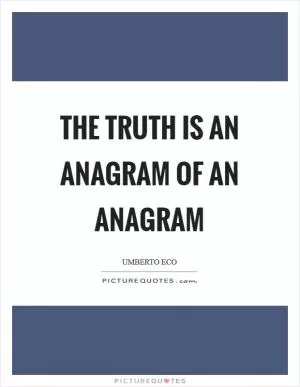The Templars' mental confusion makes them indecipherable. That's why so many people venerate them

The Templars' mental confusion makes them indecipherable. That's why so many people venerate them
Umberto Eco, the renowned Italian novelist and semiotician, was fascinated by the enigmatic nature of the Templars and their enduring mystique. In his novel "Foucault's Pendulum," Eco delves into the world of conspiracy theories and secret societies, using the Templars as a central motif. He explores the idea that the Templars' mental confusion and ambiguous beliefs make them indecipherable to outsiders, leading to their widespread veneration and fascination.The Templars were a medieval order of knights who were founded in the 12th century to protect Christian pilgrims traveling to the Holy Land. Over time, they amassed wealth and power, becoming a formidable force in Europe. However, their sudden downfall in the early 14th century, when they were accused of heresy and disbanded by the Pope, has fueled countless theories and legends about their true nature and purpose.
Eco suggests that the Templars' mental confusion, brought about by their esoteric rituals and beliefs, makes them a tantalizing mystery for those seeking hidden truths and deeper meanings. Their ambiguous symbols and cryptic practices have inspired countless conspiracy theories and speculations, leading to their enduring allure and veneration by many.
In "Foucault's Pendulum," Eco explores the idea that the Templars' confusion and obscurity are deliberately cultivated to protect their secrets and maintain their power. The characters in the novel become entangled in a web of conspiracy theories and esoteric knowledge, ultimately blurring the lines between reality and fiction.
Eco's fascination with the Templars reflects his broader interest in the nature of truth and meaning in a world filled with ambiguity and uncertainty. By exploring the enigmatic nature of the Templars, Eco invites readers to question their own beliefs and assumptions, challenging them to look beyond the surface and seek deeper understanding.












 Friendship Quotes
Friendship Quotes Love Quotes
Love Quotes Life Quotes
Life Quotes Funny Quotes
Funny Quotes Motivational Quotes
Motivational Quotes Inspirational Quotes
Inspirational Quotes